The sale of craft beverages via e-commerce sets high business expectations while, at the same time, also posing a series of challenges that the sector should not ignore.
On the tempting road to achieving healthy sales results, we need to take into account a series of major challenges, such as margins, packaging, incidents that can arise during transport, and all the other things necessary for the product to reach its destination in perfect condition for consumption. Let’s analyse these and other issues in this post.
E-commerce started up timidly in the craft beverage sector a few years ago. Not all producers got on board, and most of the ones that did, being omnichannel wholesalers, have been unable to satisfy the demand after seeing their sales skyrocket. It took the unexpected pandemic of last year for online sales to become consolidated, and for any doubts about online selling being here to stay to dissipate.
Nonetheless, their implantation is not intended to completely take the place of offline sale and the retailer’s business, because, where beer is concerned, the physical store continues to be an absolute necessity for the customer who prefers to see and touch the product before buying. Rather, it is considered that the two options are destined to coexist in the consumer’s preference, so that the customer, in each case, gets to decide how to purchase.

The traditional channel has an easier task, but now it’s e-commerce that has to overcome new management and delivery challenges and make online sales of beer and other craft beverages continue to increase and become another option.
E-commerce challenges in beer and craft beverages
Let’s note that beer and craft beverages in general are heavy, bulky products and that this can incentivize online buying at times. Nonetheless, there are other conditioning factors that may be holding e-commerce back:
1. Beyond the concept of the multichannel: the challenge of the omnichannel
The continuous temporary closures and intermittent restrictions of establishments and bars has obliged numerous craft beer businesses to reinvent themselves and adapt. If it has always been the consumer who went looking for beer, now the sector is working overtime to reach out to the consumer and ensure that the product arrives at its destination in an optimal way.
This is the scenario for the appearance of omnichannel craft beverage sales, that is, a mode that makes it possible to offer the product in different channels (social media with brand presence, direct sales in physical and online stores, in marketplaces, etc.), but in a way that the buyer has a similar vision of the product in each of these.
Ultimately, the real challenge for craft beverage companies both large and small is to make the purchasing experience the same in any channel (omnichannel concept) compared to multichannel strategies, which are much more disparate and diversified.
2. Distribution
One of the main challenges has to do with distribution and, in any case, with the laws of each country and the licenses required for selling outside the place of origin. For example, in the United States, distribution of other beverages, like wine, is not subject to as many limitations. Beer, on the other hand, is trickier, and in many cases is not allowed to leave the state where it was produced.

Furthermore, the issue of the legal age for buying alcoholic beverages becomes an issue. The Drizly platform (owned by Uber), which also delivers beer and craft beverages and all types of spirits, works with a verification system that guarantees that the buyer is of legal age.
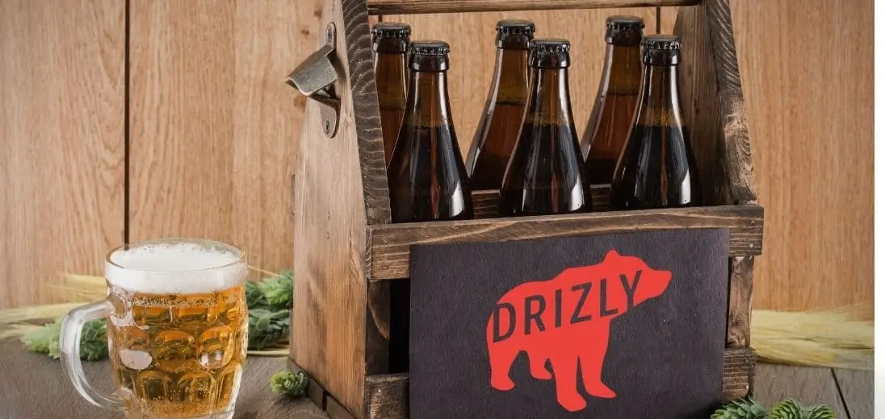
Another inflection point in distribution has to do with microbreweries and the infrastructure that managing this involves in the case of online sales. Some companies, as in the case of Tavour, have been working on this for some time. Specialized in the distribution of craft beer since 2013, it now has over 600 independent breweries and it takes care of their distribution up to home delivery. The key is that it has unique, special and highly desirable products that the end customer cannot access through any other option.
The customer downloads Tavour by subscription and either creates a personalized craft beer shopping cart or allows the app to make a selection based on the tastes and preferences of each user.
This business line buys wholesale from the breweries and, through its flash sales, works and sets is own margins like any other retailer.
3. More styles, packaging and delivery conditions
It’s also important to maintain refrigeration chains and guarantee that the product is delivered at the ideal serving temperature, especially in the case of immediate consumption at home.
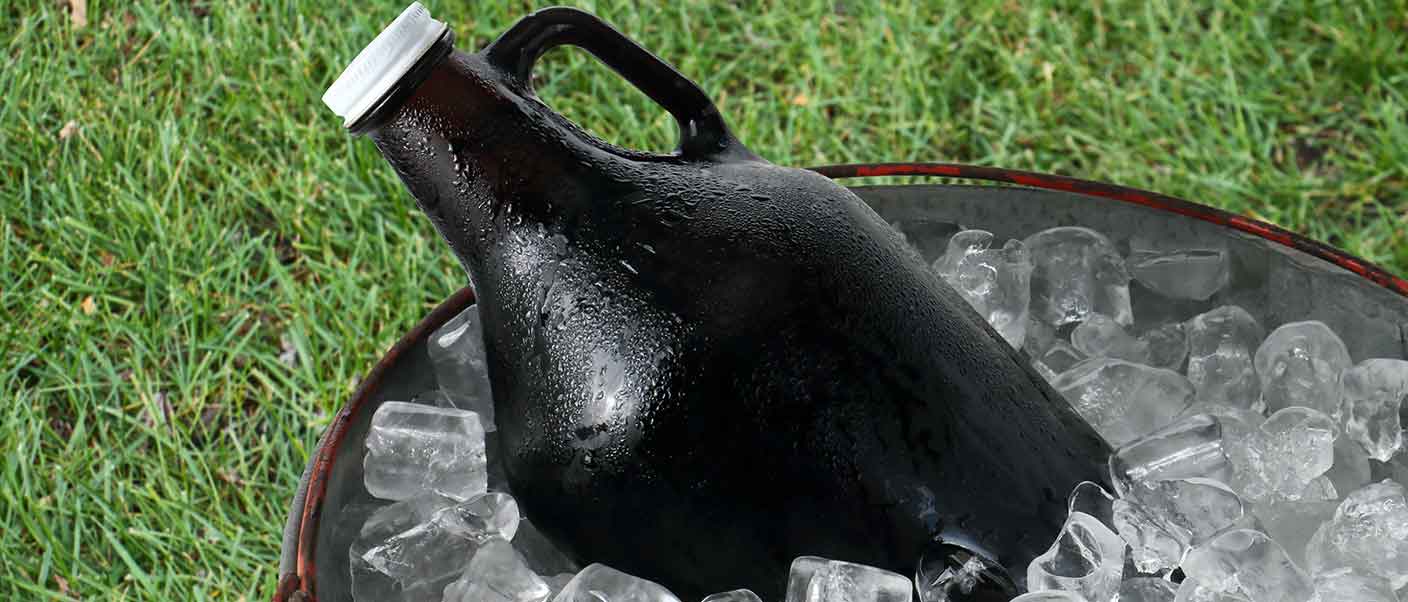
También es importante mantener las cadenas de frío y garantizar que llegará a la temperatura ideal de servicio, sobre todo para el consumo inmediato en casa.
On the other hand, the proliferation and spread of new craft styles is what attracts the consumer. The buyer wants a wide selection and to try new products.
4. The margins
Another challenge of online sale of craft beer is directly related to the margins and the effort required, especially on the part of retailers. We agree that craft beverages are a specialized product for a consumer that is generally demanding, and differentiation is the added value of specialized beer stores.
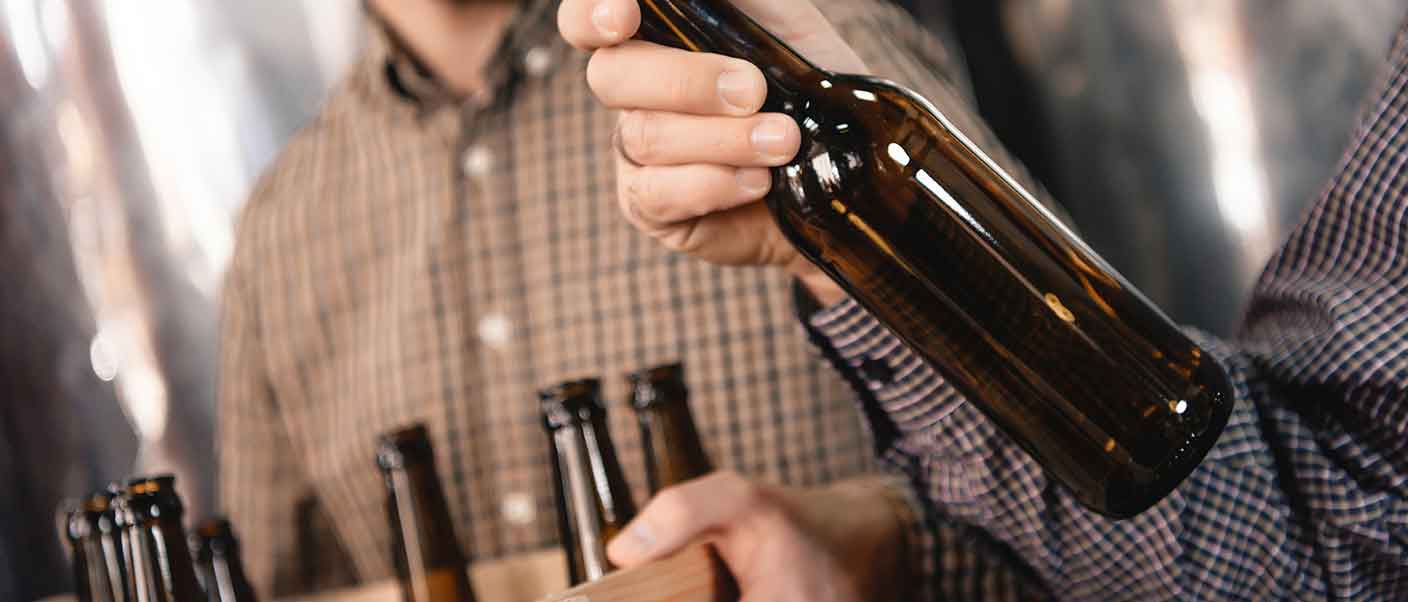
High delivery charges or the delivery time are what mainly influence the decision to purchase online, so these stores inevitably have to adjust their margins, launch offers or guarantee free delivery with minimum orders in order to compete with the other e-commerce options available.
Some success stories
If Amazon is what springs to mind for quick delivery par excellence (excepting Drizly), we recognize that craft beer lovers are more attracted to specialized online websites. One success story with very good results in the sale of craft beer in Spain is Ulabox, the online neighbourhood “antisupermarket” (which is what it calls itself), which currently has over 300 product references.
Also worth noting is the strong performance of Mahou San Miguel through its pioneering e-commerce site in Spain, Tienda Solana, now two years-old, which has achieved 30% higher sales than expected in the past year.

Other success stories from abroad include Beer Drop, headquartered in Colorado, where customers can choose what to order based on their user profile; Craft Cellar, which pushes the exclusive launches of microbreweries; and Tapr, headquartered in New York, which moves its own brands as well as some small and specialized ones and works with breweries of any size.







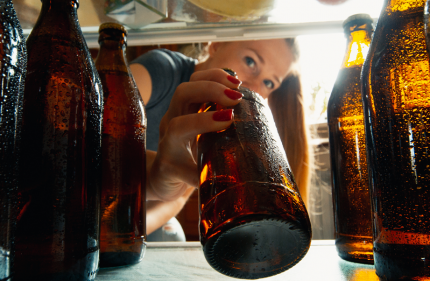

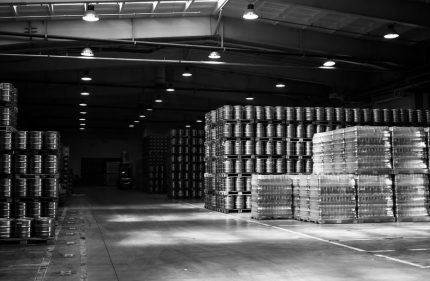

Comments